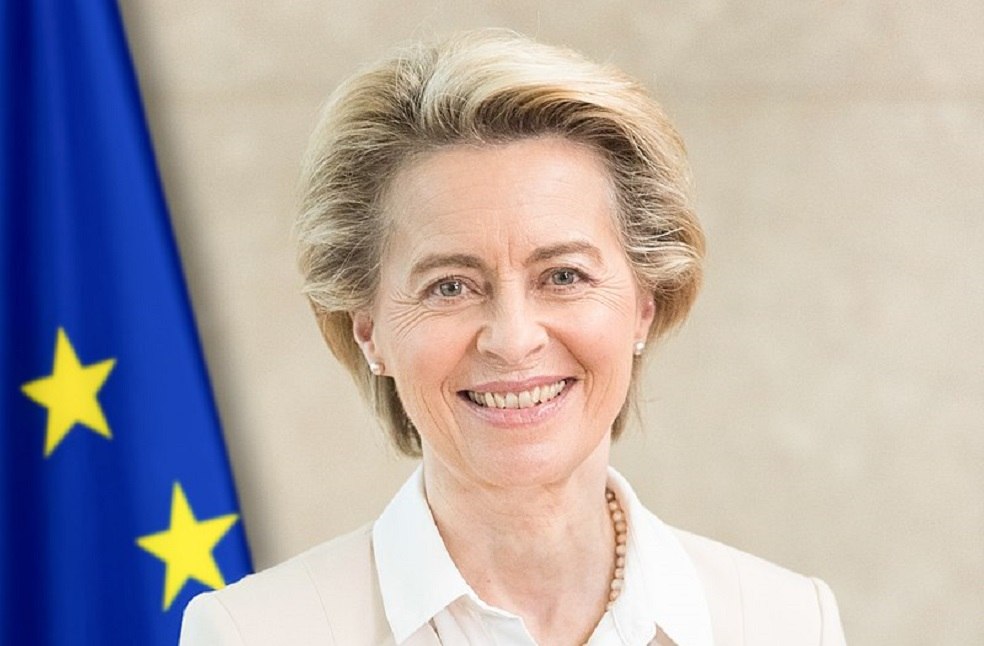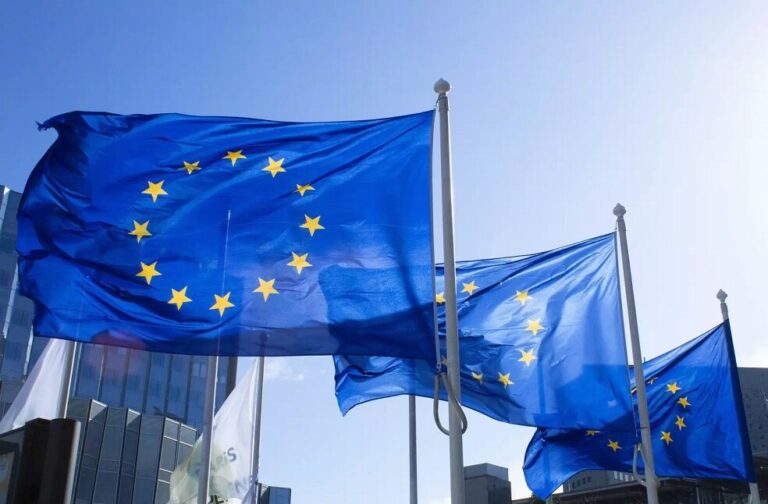Netherlands: The European Union (EU) has reached a landmark agreement on the laws to regulate the use of artificial intelligence (AI).
Following nearly 38 hours of intense talks, negotiators agreed to rules around AI in systems like ChatGPT and facial recognition.
The AI Act proposals will be put to a vote in the European Parliament early in the next year, but no laws will be passed until at least 2025.

EU chief, Ms. Ursula von der Leyen, remarked that, “The AI Act is a global first. A unique legal framework for the development of AI you can trust.”
“And for the safety and fundamental rights of people and businesses. A commitment we took in our political guidelines – and we delivered. I welcome today’s political agreement,” Ms. der Leyen commented.
The law is regarded as a global benchmark for governments hoping to take advantage of the potential benefits of AI while guarding against risks that range from disinformation and job displacement to copyright infringement.

EU Commissioner, Mr. Thierry Breton, pointed out that, “It set clear rules for the use of AI. It was much more than a rulebook – it’s a launch pad for EU start-ups and researchers to lead the global AI race”.
The European Parliament described AI as software that can “for a given set of human-defined objectives, generate outputs such as content, predictions, recommendations or decisions influencing the environments they interact with”.
The EU law is seen as the most comprehensive effort yet to regulate AI amid an increasingly patchwork of guidelines and regulations worldwide.



